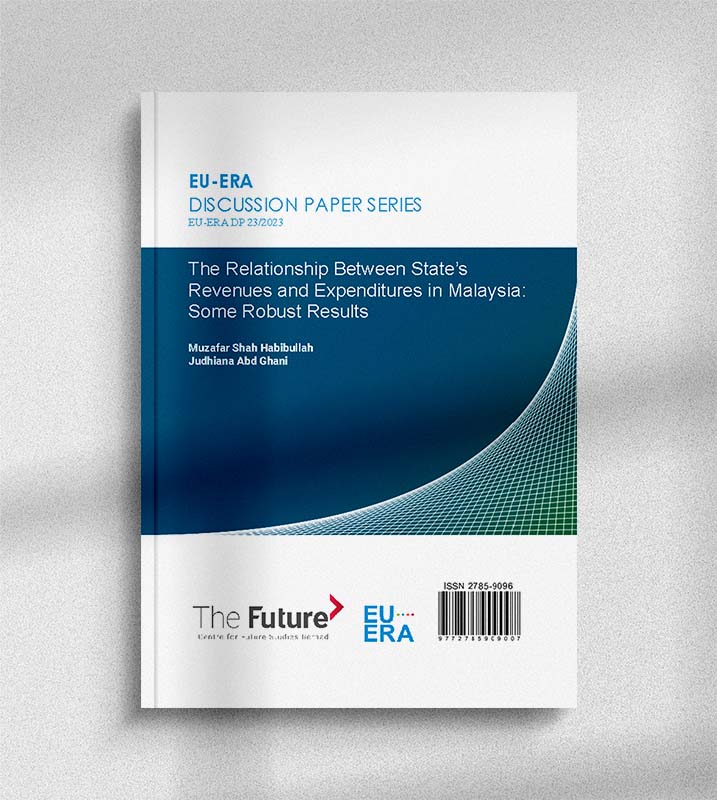Summary
The primary objective of this study is to examine the causative relationship between revenue and expenditure at the state level in Malaysia. This study provides the opportunity to explore several hypotheses in order to investigate the tax collection and spending behavior of the Malaysian government. The tax-spend hypothesis posits that governments generate tax revenues prior to initiating new expenditures. In contrast, the spend-tax hypothesis posits that governments first engage in spending activities and afterwards augment tax receipts in order to fund their expenditures. Another concept that exists is the fiscal synchronization hypothesis, which posits that governments make choices about both revenues and spending concurrently. Finally, there exists the potential for autonomy in relation to the choices pertaining to expenditure and the generation of income.





